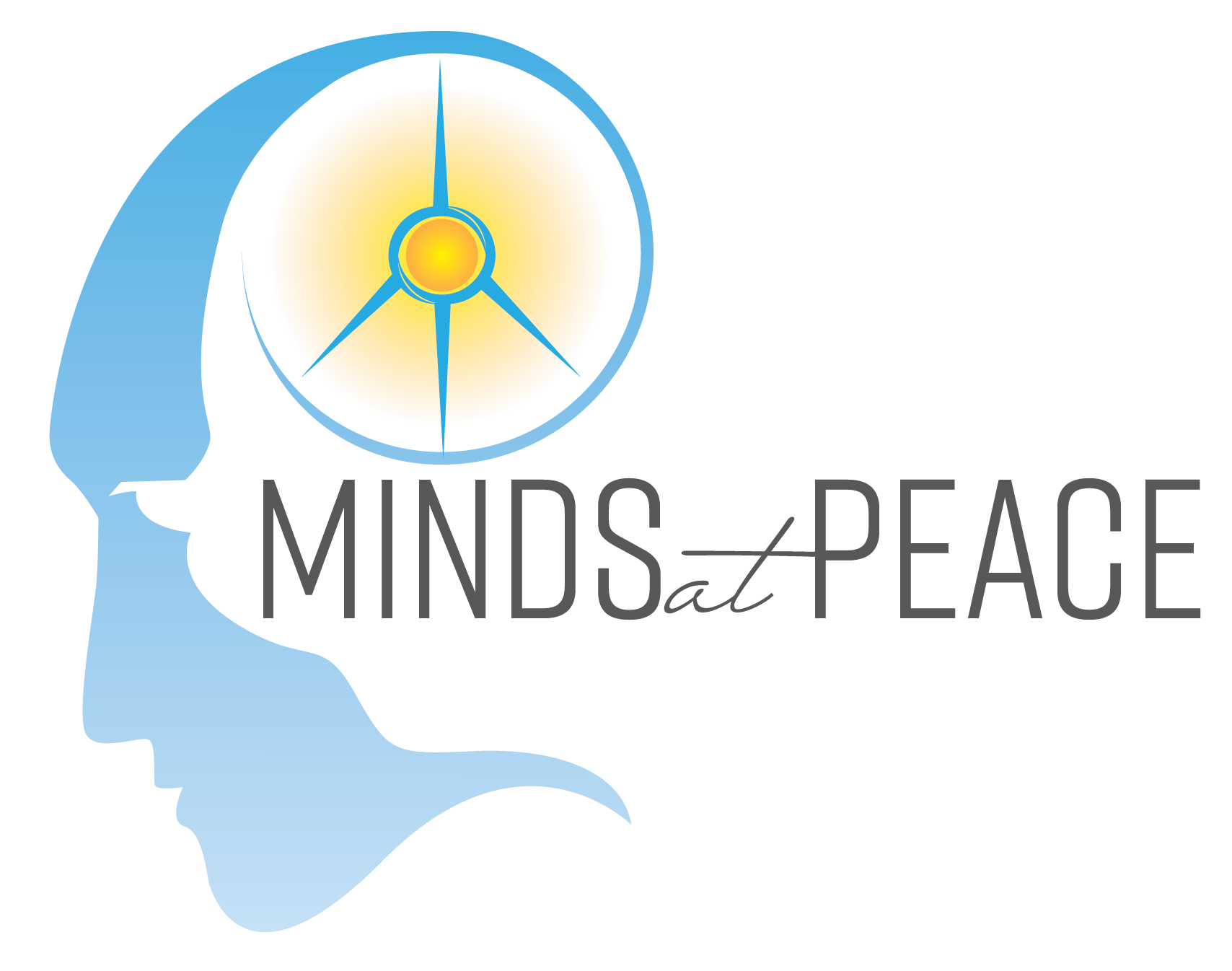The simple answer: A lot
““In fact, employees who smoke cost their employers nearly $6,000 a year according to research from The Ohio State University.”
Lost productivity from smoke breaks $3000
Presenteeism $450-1800
Direct health care costs $2000
MTS is a highly effective group program to help your employees quit, and stay quit.
Mindfulness is often defined as "paying attention, on purpose without judgement." Jon Kabbat-Zinn, the physician and researcher who first coined this definition, also likes to add to the end of this phrase, "as if your life depended on it."
For smokers this is reality.
Six month quit rates for employees who purchase a nicotine replacement product over the counter is only 3-5%.
If they go to a physician for a "patch and pep talk" it goes up to 10-12%. Still very low.
MTS + individualized medication yields 6 month quit rates of 39-59%.
Are you ready to improve employee health, increase productivity, and decrease costs?
But wait, aren't all smoking cessation programs the same?
Glad you asked. MTS was designed to treat smokers with high-level stress, anxiety, or who have had multiple relapses in the past. Developed with the expertise of the country's top mindfulness and addiction researchers, MTS combines medication, skills training, cognitive behavioral therapy and mindfulness training. No other program contains a one day retreat as part of it's curriculum.
What's the value of mindfulness training?
Mindfulness is a skill that benefits individuals personally by decreasing stress, depression, anxiety and chronic pain. It leads to an increase in self-compassion with a decrease in self-judging thoughts. Mindfulness provides the space to consider options before reacting to a trigger out of habit, i.e. lighting up a cigarette. Simply put, mindfulness is the opposite of "mindlessness."
What's the value of mindfulness skills in the work environment?
According to David Rock, author of Your Brain at Work, "noticing more real-time information makes you more flexible in how you respond to the world. You become less imprisoned by the past, your habits, expectations or assumptions, and more able to respond to events as they unfold." In other words you become more aware of your own experience which leads to greater opportunities and more creativity. A work culture that promotes mindfulness strengthens relationships, and thus productivity.
What's the value of group interaction?
There is tremendous power in group support, particularly when that group is led by someone who is experienced in leading addiction treatment groups and has a personal meditation practice. Quit rates for individuals taking purchasing nicotine replacement products on their own, or receiving them from a physician are much lower than with MTS. The group bonding that arises plays a significant role in cementing the skills learned in class.






